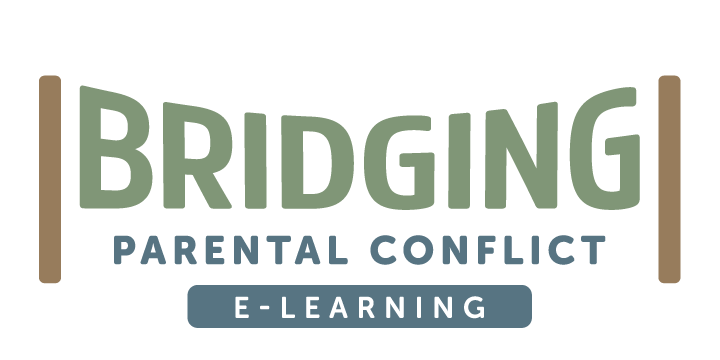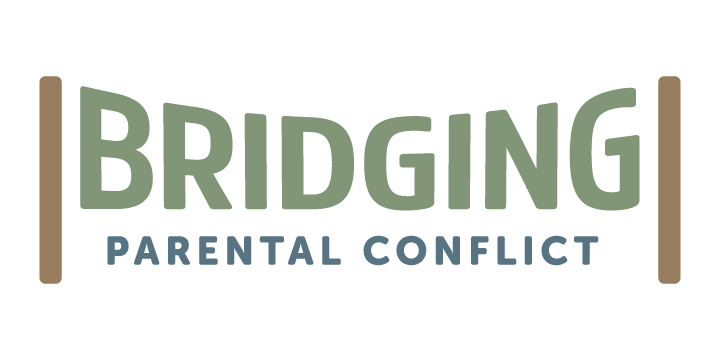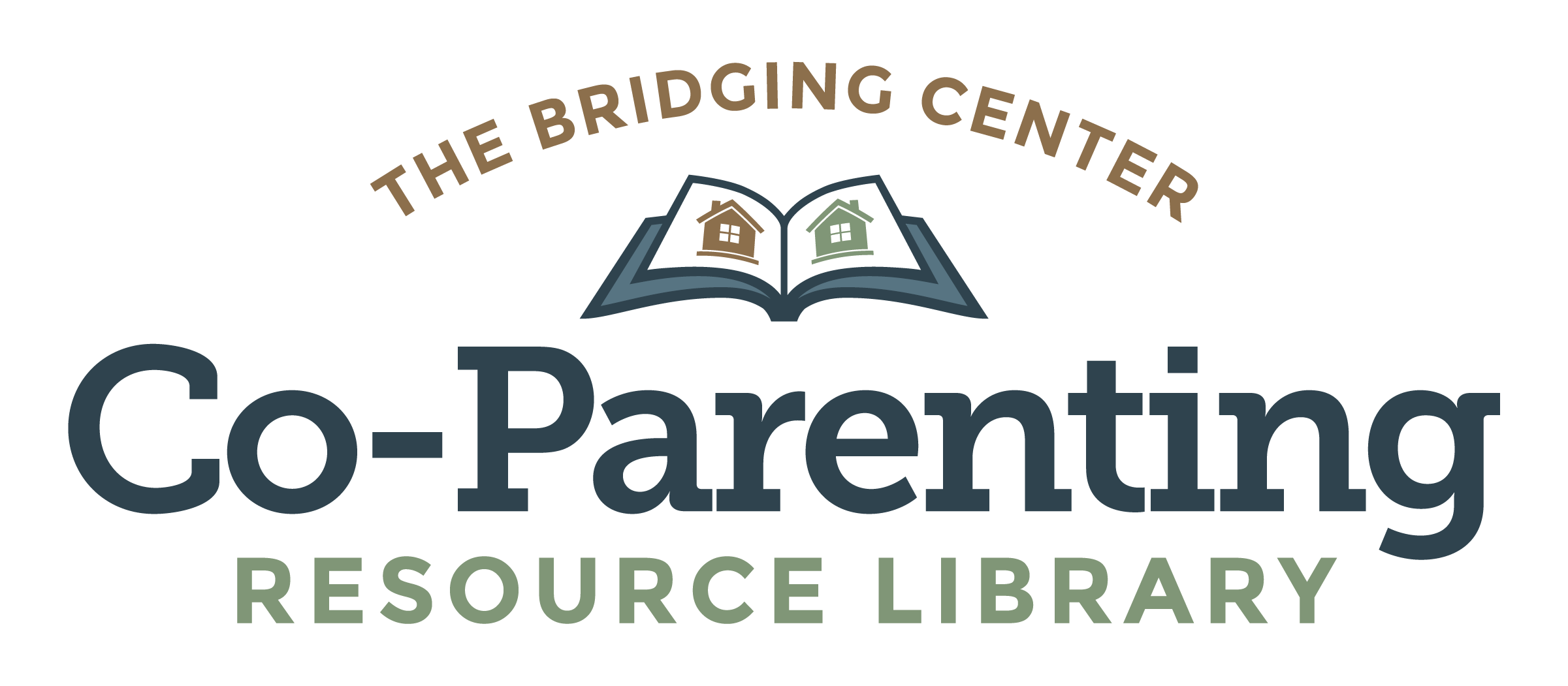Have you wondered how you’re supposed to co-parent with somebody who won’t co-parent with you? Or co-parent with somebody who creates conflict?
Bridging Parental Conflict® is a certified, research-validate online divorce education class designed specifically for parents in conflict. The class provides parents a systemic view of family conflict and teaches skills to support the long-term well-being of children and family relationships.
Classes to Fit Your Needs
Taught by experts in the field, Bridging Parental Conflict is offered in two formats: synchronous (live, online instruction) and asynchronous (video-based, online instruction). Information and content in each version are the same. A certificate of completion is provided for proof of attendance. See class summaries below for more information and registration.

LIVE, ONLINE CLASSES
Bridging Parental Conflict “Synchronous” Format is taught live by experts in the field who interact with participants presenting material and answering questions. Benefits to a “synchronous” or live class include:
- Live, interactive instruction
- Opportunities to ask experts questions
- Hear questions and concerns of parents in the same situation
- Parents are not required to attend the same date

VIDEO-BASED, E-LEARNING
Bridging Parental Conflict “Asynchronous” Format is taught by the same experts in a video-based E-learning format. Benefits to the “asynchronous” format include:
- Begin now, or anytime that is convenient
- Complete the program on your time
- Privacy easily maintained
- Pause and repeat program content to review important information
While not required for the class registration, subscribing to the online Co-Parenting Resource Library is highly recommended for ongoing support.
Bridging Parental Conflict addresses:
- Co-parenting when in conflict
- Children in the middle of parental conflict
- The effects of conflict on the family system
- How families become stuck in conflict
- Challenges children face living in a two-home family system
- Building and maintaining parental leadership in co-parenting
Techniques used in class:
- Group instruction
- Instructor role plays
- Question and answer
- After class Q&A

